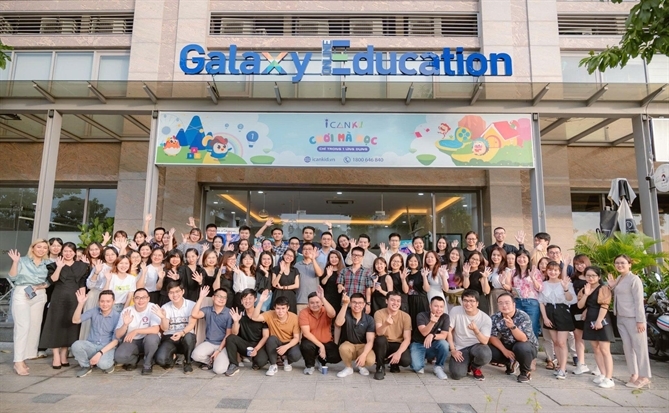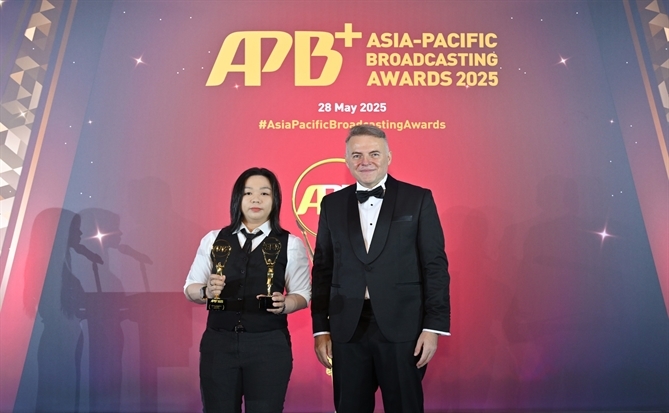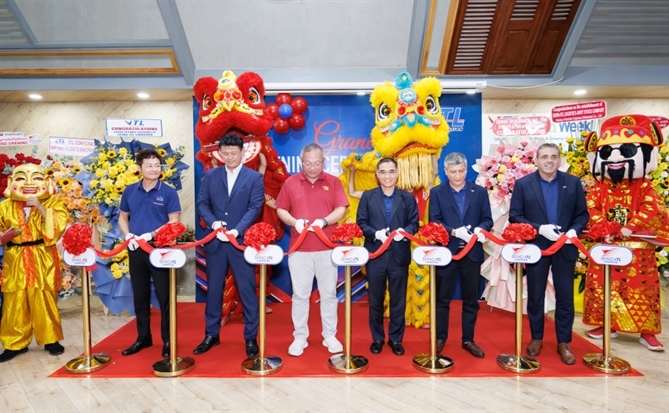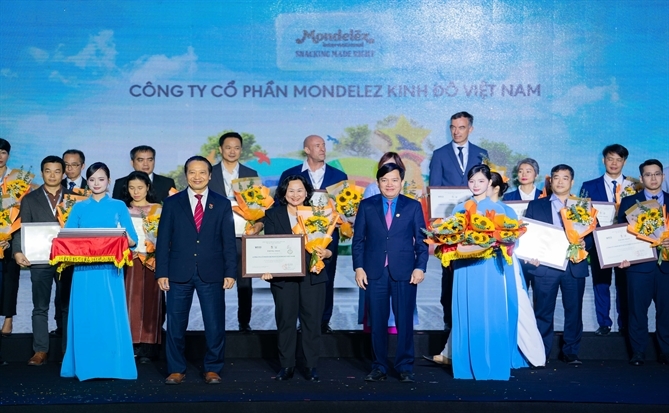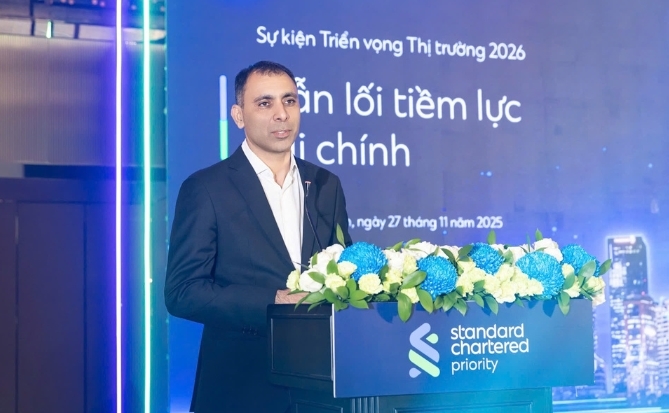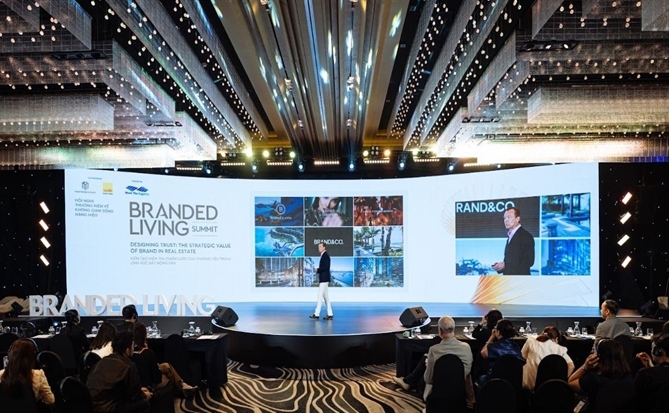Strategic investors in HCMC must have minimum charter capital of $21 mln: resolution
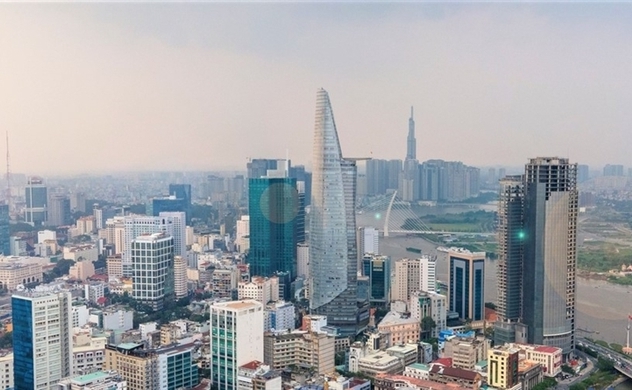
A corner of Ho Chi Minh City. Photo by Pham Nguyen.
In addition, experience in implementing similar projects is needed with a total investment of at least VND2 trillion ($84.3 million), stated Resolution 98 on piloting a number of distinct mechanisms and policies for the development of HCMC, effective from August 1, 2023.
Otherwise, they must have a charter capital of at least VND5 trillion ($210.8 million) or total assets of at least VND25 trillion ($1.05 billion), and have experience in investing in projects in the same field with total investment capital of at least VND10 trillion ($421.6 million).
In the third case, strategic investment must have a charter capital of at least VND9 trillion ($379.4 million) and experience in investing in similar projects with total investment capital of VND25 trillion ($1.05 billion) or more.
Strategic investors will be given priority to build innovation centers and research and development (R&D) centers; research and support for high technology transfer in the fields of information technology, biotechnology, automation technology, new material technology and clean energy, with investment capital of at least VND3 trillion ($126.47 million).
Other fields include the semiconductor integrated circuit industry, design technology, manufacturing of spare parts, integrated circuits (IC), flexible electronics, chips, new technology battery and new materials, clean energy industry (with an investment capital of at least VND30 trillion or $1.26 billion).
They are also encouraged to invest in the construction of Can Gio international transshipment port with a investment capital of VND50 trillion ($2.1 billion) or more.
Within five years since they are granted the investment registration certificates or have their investment plans approved, strategic investors must disburse their investment capital and are not allowed to transfer their projects.
During the implementation of these investment projects, if strategic investors do not meet requirements regarding capital, disbursement schedule and others, they will not be entitled to the incentives specified in this resolution. At the same time, they are responsible for any consequences arising from their failure in fulfilling the commitments in accordance with the law.
Regarding investment management, HCMC will be allowed to pilot an urban development model towards Transit Oriented Development, under which it can use the local budget to pay for resettlement compensation and support projects in the vicinity of railway stations and intersections along Ring Road 3. The municipal People's Committee has been given the right to adjust construction density and the social and technical infrastructure criteria of these projects.
HCMC will implement public-private partnership (PPP) projects in the fields of sports, culture, health, education and training; and apply the build-operate-transfer (BOT) contract model to upgrade, expand, and modernize existing roads.
However, the city will not be permitted to use increased local budget revenues for new public investment projects.
Regarding finance and the state budget, the municipal People's Council will decide on and adjust fees and charges not yet included in the law to increase the city's budget.
The city will also be allowed to raise capital from the issuance of local administration bonds, domestic financial institutions, and the government’s foreign loans for on-lending. Outstanding debt will be allowed to reach the equivalent of 120% of the budget revenue the city is allowed to keep for itself.
HCMC will also pilot a financial mechanism to reduce greenhouse gas emissions through carbon credit exchange and offsetting, and enjoy 100% of the revenue from all carbon credit transactions.
Solar power systems for self-use will be installed at the headquarters of administrative agencies and public non-business units.
In terms of attracting strategic investors, HCMC will decide on its own mechanisms, incentives and priorities for the production of chips, integrated circuits, and new materials.
The resolution also features personal and corporate tax exemptions for the transfer of capital contributions and capital contribution rights to innovative start-ups.
Regarding construction, planning and investment, the resolution empowers HCMC to allocate social housing funds in areas where commercial housing is being developed, and in areas allocated or leased by the state in accordance with land use and urban and construction planning.
The city will also establish a department of food safety directly under the municipal People's Committee. This department will conduct inspections and handle administrative violations regarding food safety.
The resolution was passed by the legislative body on June 24, aiming to create a legal basis and motivation for the southern economic hub to develop quickly and sustainably.
In 2017, Resolution 54 was issued that included special mechanisms for HCMC to create economic and social momentum for the 13-million-strong metropolis.
However, the results have failed to meet expectations, and most policies regarding financial management to increase revenue such as the equitization of state-owned enterprises and public asset auctions have not been implemented.
Source: The Investor

 TIẾNG VIỆT
TIẾNG VIỆT 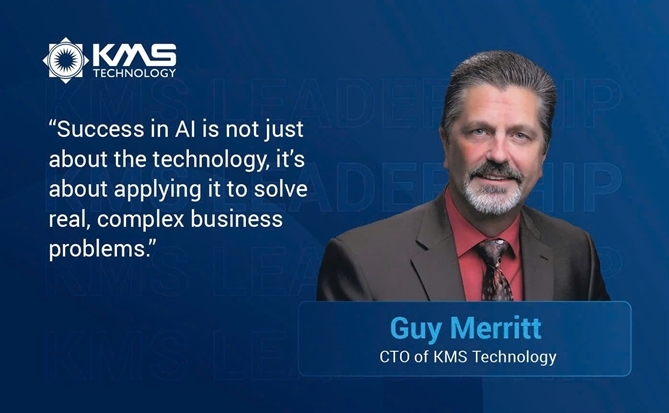
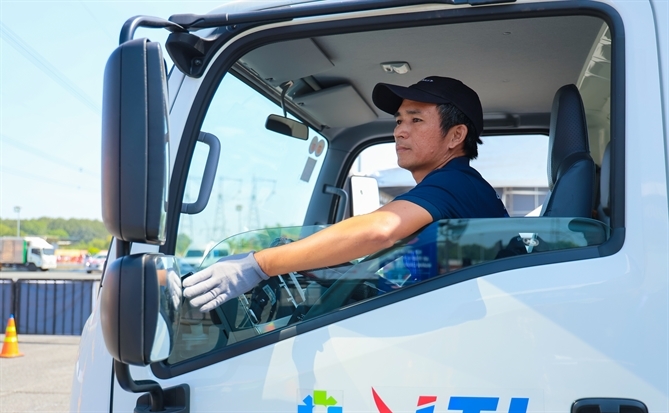
_131447820.png)
